
Writing a good conclusion can be one of the most challenging parts of essay writing. Many students struggle to find the perfect ending for their essay, and their conclusions often fall flat.
So, how can you write a good conclusion?
In this blog, we'll look at how to write conclusions that impress your readers. We’ll cover simple steps, helpful tips, and examples that will help you master this essential skill.
So, keep reading!
On This Page![]()
- 1. What is the Conclusion of an Essay?
- 2. How to Write a Conclusion Paragraph?
- 3. Conclusion Paragraph Outline
- 4. Writing Conclusions for Different Types of Papers
- 5. Tips for Writing an Effective Conclusion
What is the Conclusion of an Essay?
The conclusion is the last paragraph of your essay that aims to provide a sense of closure. All the ideas and arguments come together in a conclusion, reinforcing the essay's main points.
Moreover, a conclusion isn't just about summing things up. The conclusion should also connect the essay to the general context and offer suggestions, implications, or insights related to the topic.
Essentially, it is the final opportunity to make an impact and ensure that your message resonates with your audience.
How to Write a Conclusion Paragraph?
Now that you know what a conclusion aims to achieve, let’s move on to the step-by-step guide on how to start a conclusion. These steps can be applied to most types of essays, as the conclusion is an essential component in all essay types.
Here are the six steps you should follow to write powerful conclusions:
Step 1: Review and Summarize Your Main Points
Begin by revisiting the main points and arguments you've presented in your essay and provide a concise summary. This would give your reader a quick recap of the essay's key takeaways.
Step 2: Synthesize Your Arguments
Synthesize and analyze the key arguments and ideas you've put forth in your essay. Write about how they relate to each other and what point they prove and demonstrate.
Step 3: Connect to Your Thesis Statement
Connect your conclusion back to the central idea of your essay by restating your thesis statement. Highlight how your essay's content has proven or supported your thesis.
Step 4: Reflect on the Essay’s Purpose & Significance
Discuss the broader implications of your arguments. In this part of the conclusion, you can answer questions like:
- Why should the reader care about it?
- How does it relate to the larger context or real world?
- What are its implications for the reader?
Step 5: Craft a Memorable Closing Statement
End the conclusion with a memorable closing statement that leaves a lasting impression. So how to write a conclusion sentence? Your concluding statement can be anything impactful, including:
- A thought-provoking question
- A call to action
- A powerful quote
- A final insight that resonates with your readers.
Remember that your closing statement should align with the overall tone and purpose of your essay or writing. It should leave a strong, positive, and memorable impression, encouraging further contemplation or action on the topic.
Step 6: Proofread and Revise
Finally, carefully proofread and revise it for clarity, coherence, and grammatical errors. This step is necessary and essential for crafting a well-polished conclusion that leaves a positive impression.
Here’s an essay conclusion example that is written following the above steps:

Conclusion Paragraph Outline
An effective conclusion paragraph is made up of several parts that tie together to present a closure. Here is the structure of a conclusion:
Essay Conclusion Structure – Restating the main points and arguments in a condensed form. The conclusion begins by revisiting and summarizing the primary arguments, points, or ideas discussed in the essay. This step creates a unified and coherent perspective of the topic. – Connecting back to the thesis. After summarizing the arguments, the conclusion should restate the thesis. This part highlights how the arguments have effectively supported or proven the thesis statement, reinforcing the core message. – Short discussion on the significance of the essay. The conclusion discusses the topic's relevance and its connections to the broader context. This part adds depth and relevance to the conclusion. – The Closing Statement The conclusion wraps up with a compelling or remarkable statement. It can be a call to action, a relevant quote, or food for thought. |
Writing Conclusions for Different Types of Papers
Different types of papers require different styles of conclusions. Each type of academic or project-based writing has unique goals and audiences, so it's essential to write your conclusion to fit the specific context.
Here’s how to write conclusions for each type of writing:
How to Write a Conclusion for a Research Paper
When writing a conclusion for a research paper, it is crucial to summarize your key findings and discuss their implications. This reinforces the significance of your research and suggests areas for further study. Here's how to approach it:
- Summarize Key Findings: Briefly restate the most important results of your research.
- Discuss Implications: Explain the significance of these findings and their impact on the field.
- Suggest Future Research: Identify areas that require further investigation.
Example:
| "In conclusion, our study demonstrates a significant correlation between social media usage and increased levels of anxiety among teenagers. These findings suggest that excessive social media use may contribute to mental health issues, highlighting the need for further research into effective interventions and preventative measures." |
How to Write a Conclusion for a Project
For a project, the conclusion should recap the project's objectives and outcomes. Additionally, it should discuss the project's impact and suggest potential future directions. Here’s how to structure your project conclusion:
- Recap Objectives: Restate the main goals of the project.
- Summarize Outcomes: Highlight the key achievements and findings.
- Discuss Impact: Explain the significance of the project’s outcomes.
- Suggest Future Directions: Propose potential next steps or improvements.
Example:
| "In summary, the project successfully developed a community garden that not only provides fresh produce to local residents but also fosters a sense of community and environmental awareness. Moving forward, expanding the garden to include educational workshops on sustainable gardening practices could further enhance its impact and reach." |
How to Write a Conclusion for a Lab Report
In a lab report, the conclusion should summarize the experiment's results, discuss their implications, and address any errors or areas for improvement. To effectively conclude your lab report, consider the following steps:
- Summarize Results: Briefly restate the main findings of the experiment.
- Discuss Implications: Explain what the results mean and their significance.
- Address Errors: Mention any errors or anomalies encountered.
- Suggest Improvements: Propose ways to improve the experiment in the future.
Example:
| "In conclusion, the experiment confirmed that enzyme activity increases with temperature up to a certain point, after which it declines. This finding is consistent with the hypothesis and supports the theory of enzyme denaturation at high temperatures. Future experiments could explore the effects of pH levels on enzyme activity to provide a more comprehensive understanding." |
How to Write a Conclusion for a Dissertation
A dissertation conclusion should summarize the research contributions, discuss broader implications, and suggest areas for future research. It should highlight the significance of your work and its impact on the field. Follow these steps to craft an effective dissertation conclusion:
- Summarize Research Contributions: Recap the main findings and their contributions to the field.
- Discuss Broader Implications: Explain the broader impact and significance of your research.
- Suggest Future Research: Identify areas that require further investigation.
Example:
| "In conclusion, this dissertation has provided new insights into the role of genetic factors in the development of Alzheimer's disease. The findings highlight the importance of early genetic screening and personalized treatment approaches. Future research should focus on exploring the environmental factors that interact with these genetic predispositions to better understand the disease's progression." |
How to Write a Conclusion for an Argumentative Essay
In an argumentative essay, the conclusion should restate the main argument and summarize the supporting points. It should also reinforce the importance of your stance and leave a lasting impression on the reader. Here’s how to write a conclusion paragraph for an argumentative essay:
- Restate the Argument: Begin by restating your thesis in a new way.
- Summarize Supporting Points: Briefly recap the main points that support your argument.
- Reinforce Significance: Emphasize the importance of your argument and its broader implications.
Example:
| "Ultimately, the evidence clearly shows that renewable energy sources are essential for combating climate change. By investing in solar and wind energy, we can reduce our carbon footprint, create jobs, and ensure a sustainable future. It is imperative that we take action now to protect our planet for future generations." |
Tips for Writing an Effective Conclusion
To write a perfect ending, there are some tips you should keep in mind. Following the tips below can help make your conclusions engaging and impactful.
- Start with a Signpost: Use transition words to signal that you're concluding your essay. You can use transitional phrases like these:
- In conclusion
- To sum up
- In summary
- To conclude
- To wrap up
- Emphasize Key Takeaways: Highlight the most important aspects of your work. Remind your readers of the key takeaways or arguments you've presented throughout your writing.
- Keep It Concise: Your conclusion should be to the point. Focus on reiterating your main points and providing a sense of ending to the reader
- Reflect on the "So What" Factor: Address the broader implications of your work. Explain why your topic or argument matters, both in the context of your writing and in the real world.
- End with Impact: Craft a closing statement that resonates with your readers. It should be a relevant and powerful statement that leaves a lasting impression.
Things to Avoid in a Conclusion
It's important to avoid some common pitfalls that can undermine the impact of your final words. Here are some things to avoid in a conclusion:
- Avoid Introducing New Information: Avoid introducing new ideas, arguments, or evidence in the conclusion. Focus on summarizing and reinforcing what you've already discussed in the body paragraphs of the essay.
- Avoid Repetition without Clarity: Repetition of the same points without adding new insight can make your conclusion feel redundant and uninspiring. Reiterate your main points, but do so with a fresh perspective.
- Don’t Go Off-Topic: Stay on-topic in your conclusion. Avoid introducing unrelated or tangential issues that distract from your main message. Don't include unnecessary details or information that doesn't contribute to your overall message or purpose. Keep your conclusion focused and concise.
Here is an example of a bad conclusion that illustrates what your conclusion could look like if you don’t avoid these common essay writing problems:
Essay: The Effects of Climate Change on Polar Biodiversity In conclusion, while we've thoroughly discussed the effects of climate change on polar bear populations and the urgent need for conservation efforts, it's essential to acknowledge the fascinating history of Arctic exploration, where intrepid explorers braved harsh conditions to discover new lands. Just as polar bears adapt to their changing environment, explorers adapt to the extreme cold. This aligns with the broader theme of adaptation, highlighting the importance of resilience in both nature and human endeavors. In summary, the explorers' tenacity and polar bears' adaptability demonstrate the undeniable link between the frozen wilderness and the human spirit, offering lessons for all of us as we navigate the complexities of our changing world. |
This conclusion is bad because:
- It does not restate the main argument or thesis statement of the essay.
- It does not summarize the main points or evidence that support the thesis statement.
- It introduces a new, irrelevant topic in the conclusion.
Here’s an improved version of this conclusion paragraph:
"In conclusion, climate change has a profound impact on polar biodiversity, particularly on polar bear populations. As their habitat continues to shrink due to melting ice, these majestic creatures face increasing challenges in finding food and surviving the harsh conditions. Immediate and sustained conservation efforts are crucial to mitigate these effects and preserve the delicate balance of the Arctic ecosystem. By addressing climate change with urgency and commitment, we can help protect polar biodiversity for future generations." |
?This revised conclusion stays focused on the essay's topic, effectively summarizes key points, and provides a clear and relevant closing thought.
To Conclude,
A well-crafted conclusion successfully leaves an impression on your readers. It reconnects them with your thesis, underscores the significance of your work, and concludes with a memorable statement.
Remember that the conclusion is your last opportunity to resonate with your audience. So, whenever you're composing an essay, give your conclusions the attention they deserve and watch your paper stand out.
Don’t have the time you need to craft a great conclusion? Don’t worry!
Simply say, "Do my essay now," and get help from a professional at MyPerfectWords.com. Our team of experienced essay writers can solve your writing problems with quality and timeliness.
Common Questions about Conclusions
How long should a conclusion be?
In general, a conclusion paragraph should contain 6-7 sentences and could be about 100-200 words. A conclusion should not be more than 10%-15% of the essay.
The length can vary depending on the length and complexity of your paper. Moreover, remember that the key is not its length but its ability to effectively summarize your points and provide a satisfying sense of closure.
How do I know what to include in my conclusion?
Your conclusion should reflect the main points of your writing and their implications or significance.
However, simply repeating your points is not enough. Your conclusion should also address the central question or purpose of your piece. Think about what you want your readers to remember most from your work, and emphasize those aspects in your conclusion.
Can the conclusion of an essay have a question?
Yes. Including a question in the conclusion can be good, especially if the question prompts further reflection or engages the reader's curiosity. It can leave the reader thinking and contemplating the topic long after they've finished reading.
However, it's important to ensure that the question is relevant to the essay's content and purpose. It should contribute to the overall message or theme of the essay.

Write Essay Within 60 Seconds!
Use our AI tool to generate high quality essay
WRITTEN BY
Nova A.
Nova Allison is a Digital Content Strategist with over eight years of experience. Nova has also worked as a technical and scientific writer. She is majorly involved in developing and reviewing online content plans that engage and resonate with audiences. Nova has a passion for writing that engages and informs her readers.
Keep reading
An Easy Guide to Writing an Essay

A Complete 500 Word Essay Writing Guide
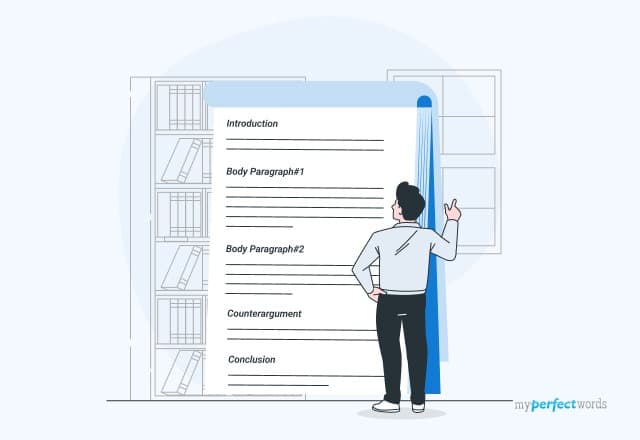
A Catalog of 370+ Essay Topics for Students
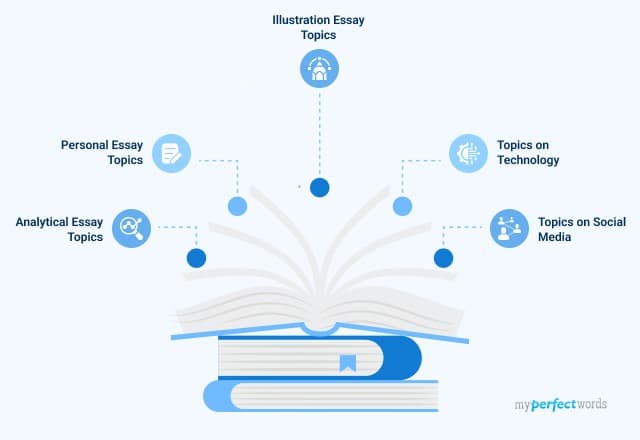
Common Types of Essays - Sub-types and Examples
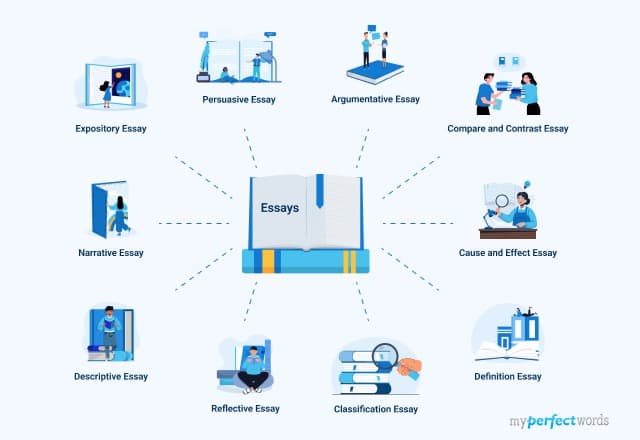
Essay Format: A Basic Guide With Examples
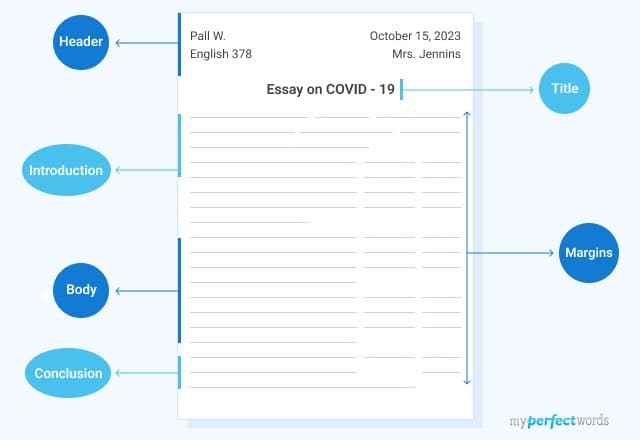
How to Write an Essay Outline in 5 Simple Steps
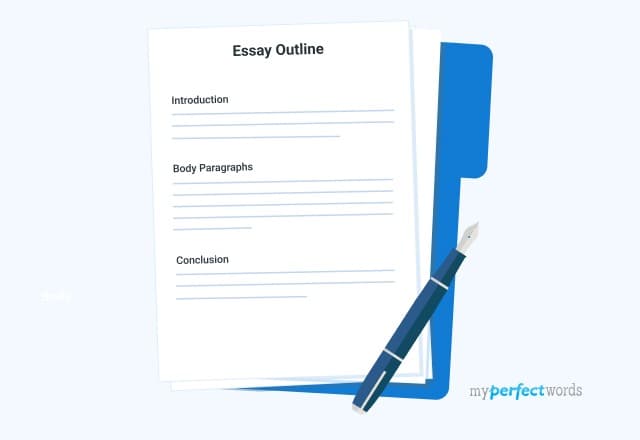
How to Start an Essay? Tips for an Engaging Start
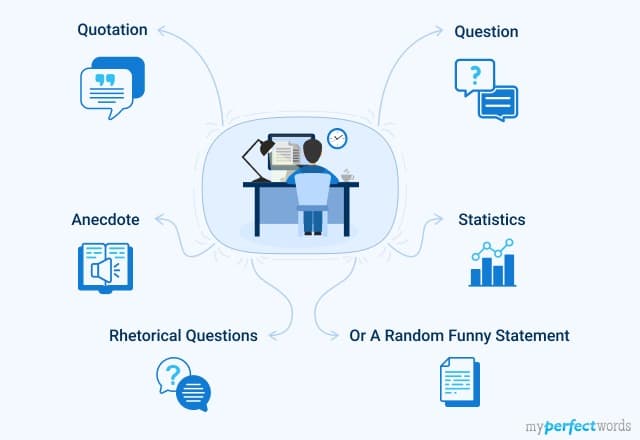
A Complete Essay Introduction Writing Guide With Examples
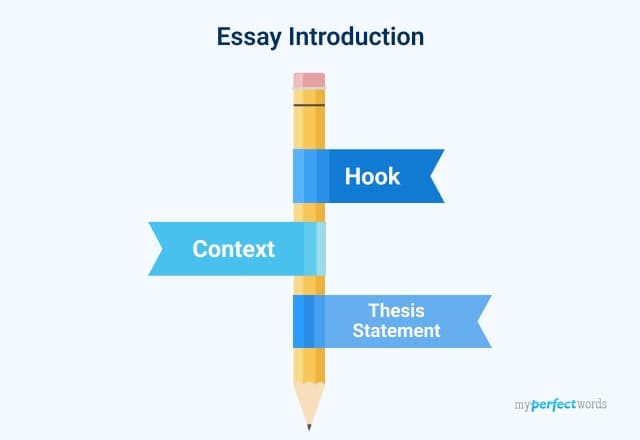
Learn How to Write an Essay Hook, With Examples
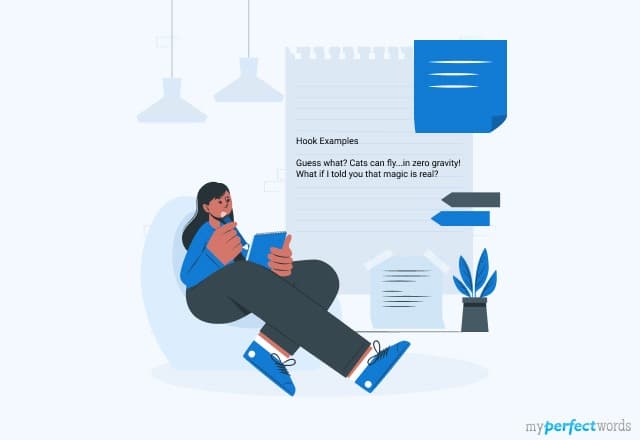
The Ultimate Guide to Writing Powerful Thesis Statement
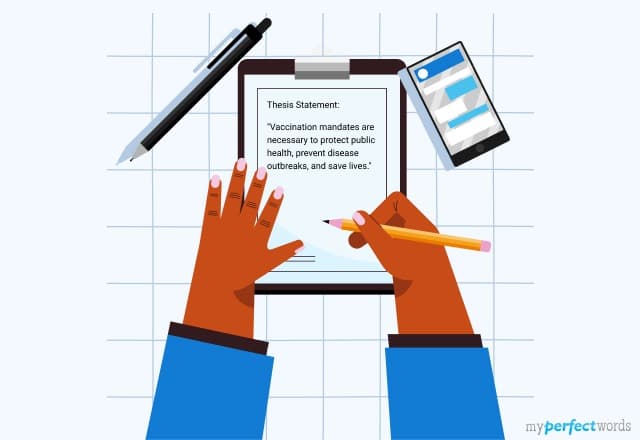
20+ Thesis Statement Examples for Different Types of Essays?
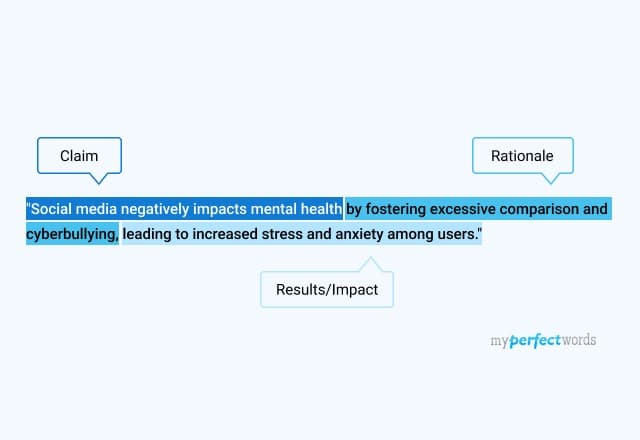
How to Write a Topic Sentence: Purpose, Tips & Examples
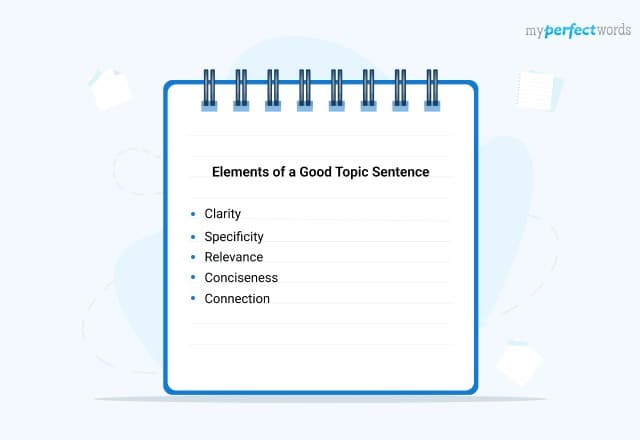
Transition Words For Essays - The Ultimate List For 2025
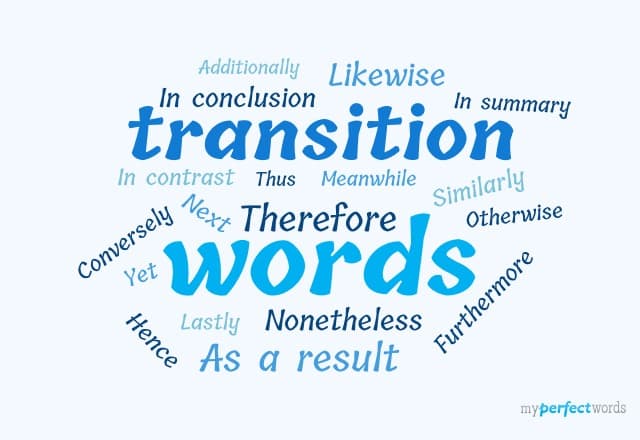
4 Types of Sentences - Definition & Examples
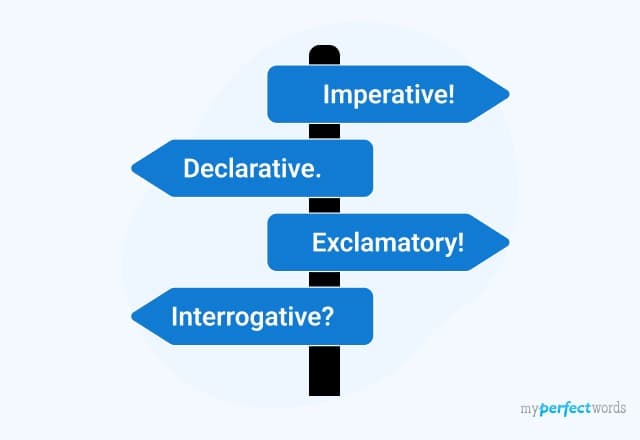
Writing Conventions - Definition, Tips & Examples
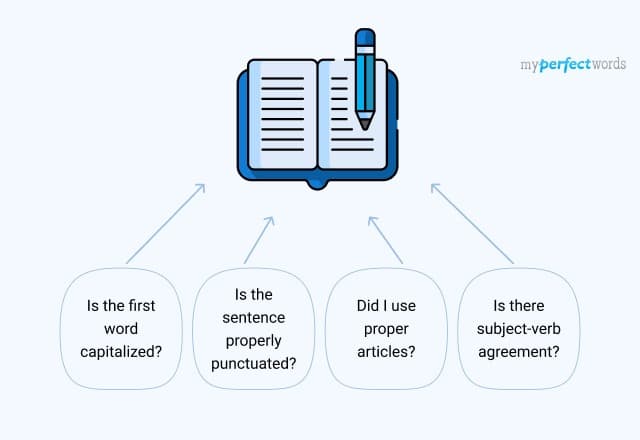
Essay Writing Problems - 5 Most Paralyzing Problems
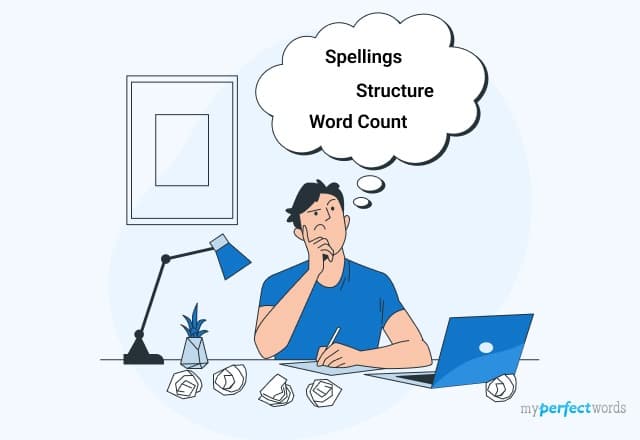
Tips On How to Make an Essay Longer: 15 Easy Ways
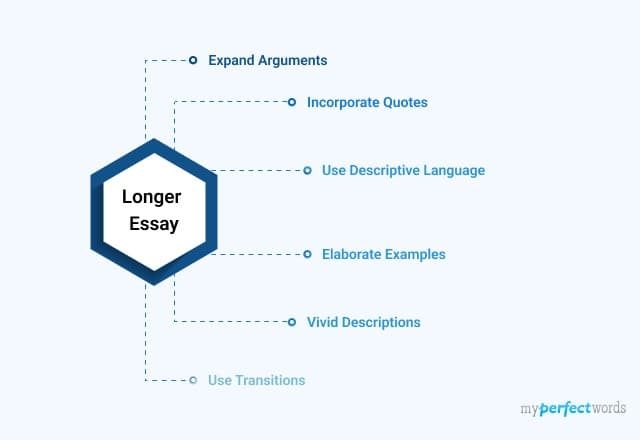
How to Title an Essay Properly- An Easy Guide
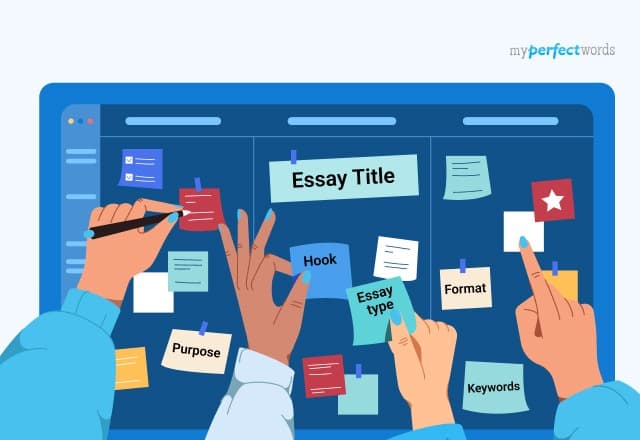
1000 Word Essay - A Simple Guide With Examples
-9261.jpg&w=828&q=75)
A Guide to Writing a Five-Paragraph Essay

How To Write A Strong Body Paragraph
